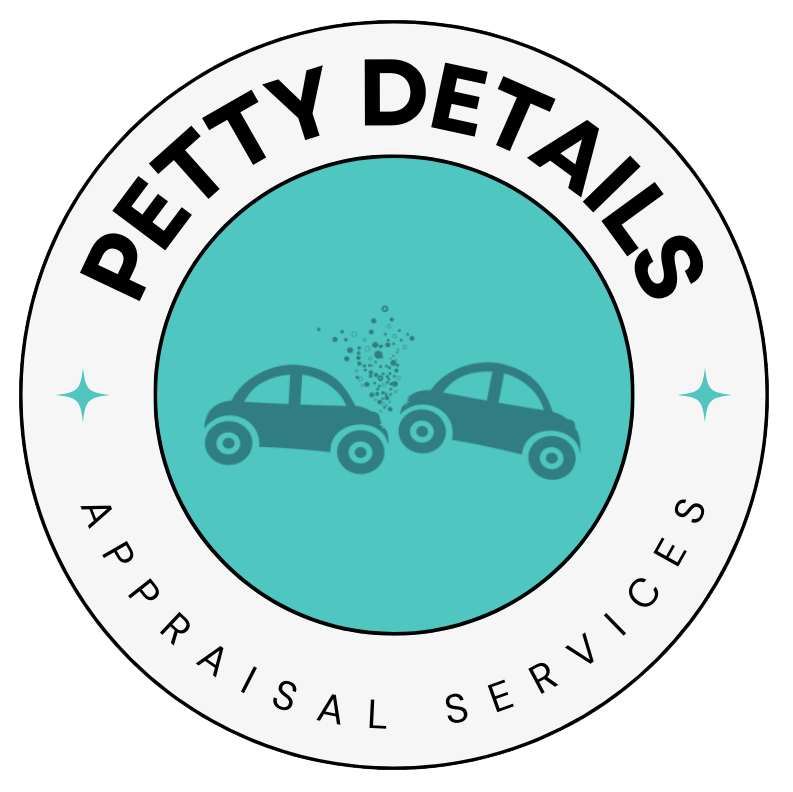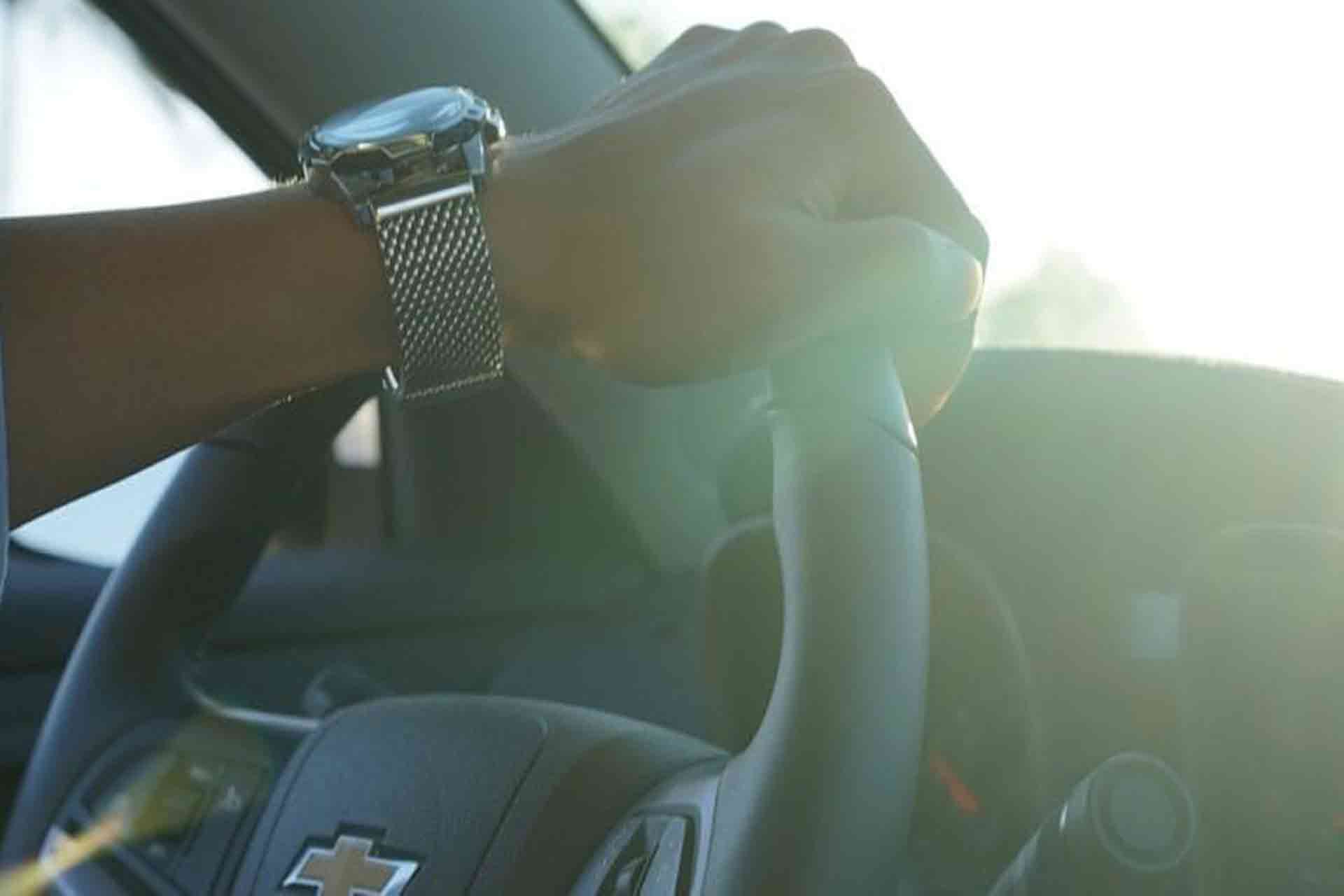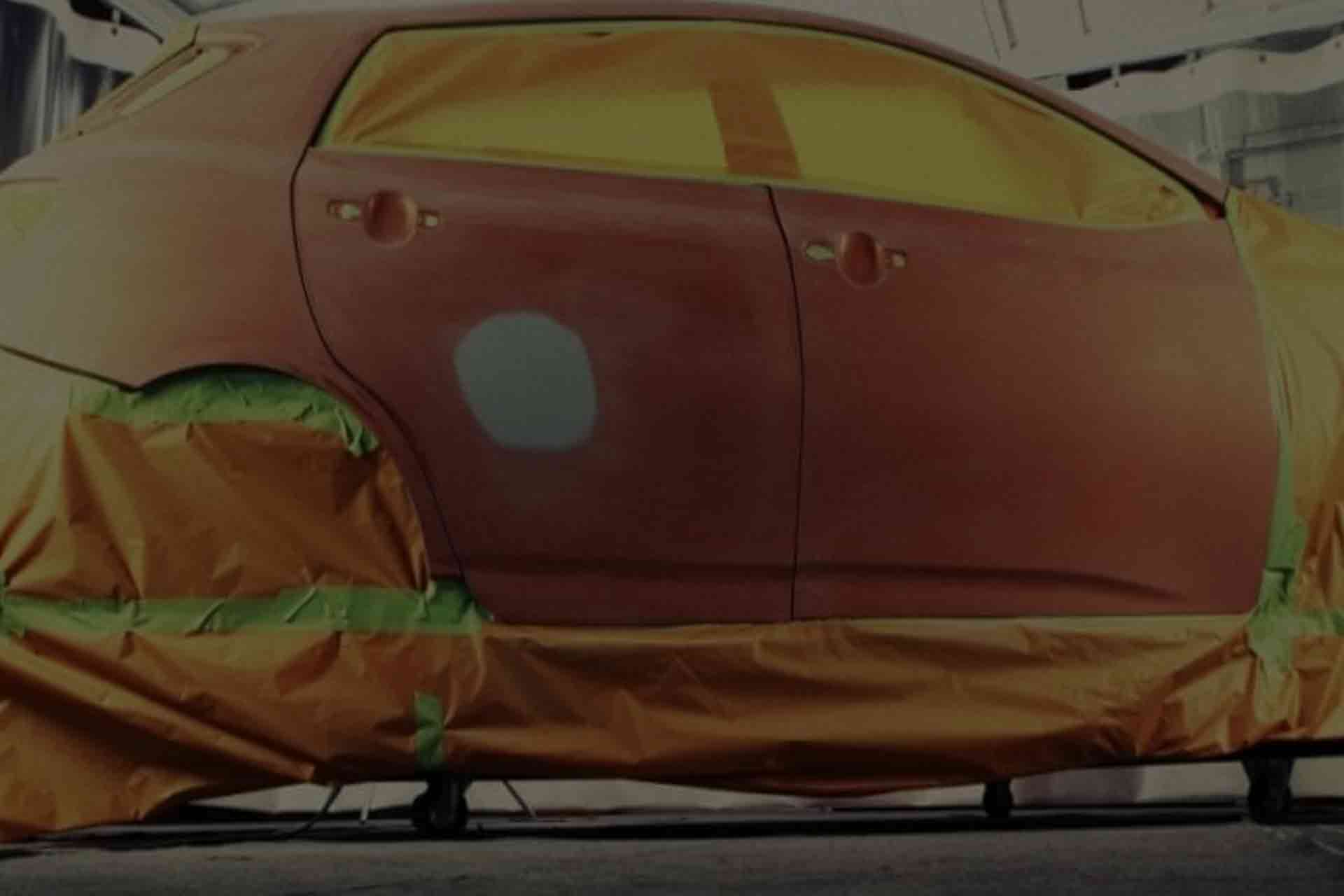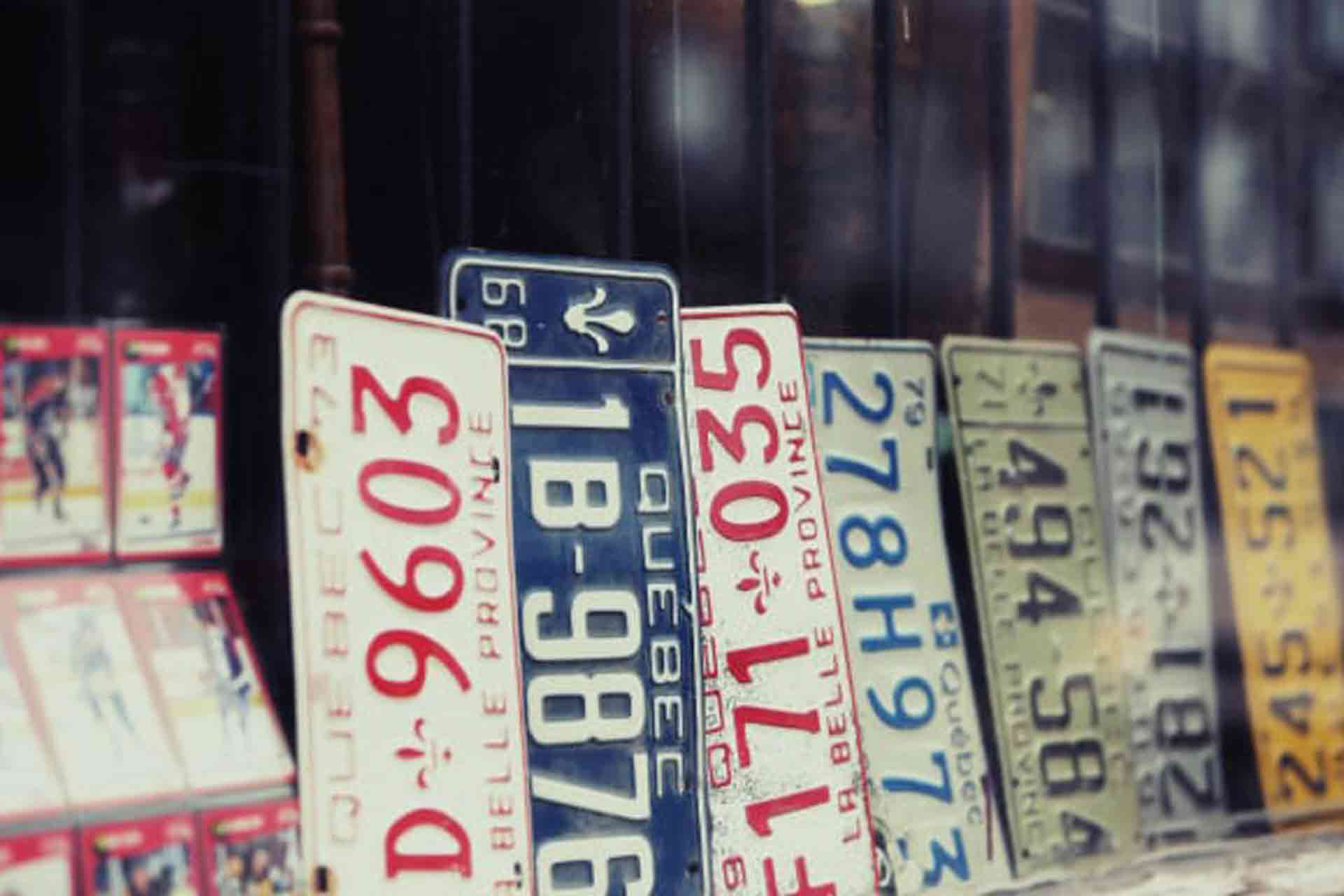What is a third party claim and what do you need to know?
Anytime you’re involved in an auto accident and it was not your fault, you potentially have a third party claim.
If the at fault party has liability insurance, then when you file a claim with their insurance company and you have a third party claim.
I have read quite a few articles that give a lot of bad information about adjusters. The thing I have noticed about those articles is that none of them were written by an insurance adjuster!
I’d be willing to bet that if you have not been an insurance adjuster, then you believe insurance adjusters are almost as bad as used car salesmen or attorneys, hehehe. It is a common view. I can’t speak for every single insurance claims office out there, but I can say that I have worked for 5 different non-standard companies as an adjuster, and I have worked on contract for many standard companies as a recovery specialist with a firm.
I have never been instructed to deny any valid claim, nor have I been advised to “low-ball” claimants.
This might happen at some companies, but it is definitely not the norm. Insurance adjusters (if they care about their license) will usually try very hard to fairly resolve claims.
I will say that I have definitely dealt with some companies that have some “questionable” practices.
I won’t name names, but some of these companies simply attempt to cut costs by hiring inexperienced adjusters and giving them a “rule-book”.
It is the inexperience of the adjuster in interpreting the “rules” that causes the majority of the issues.











